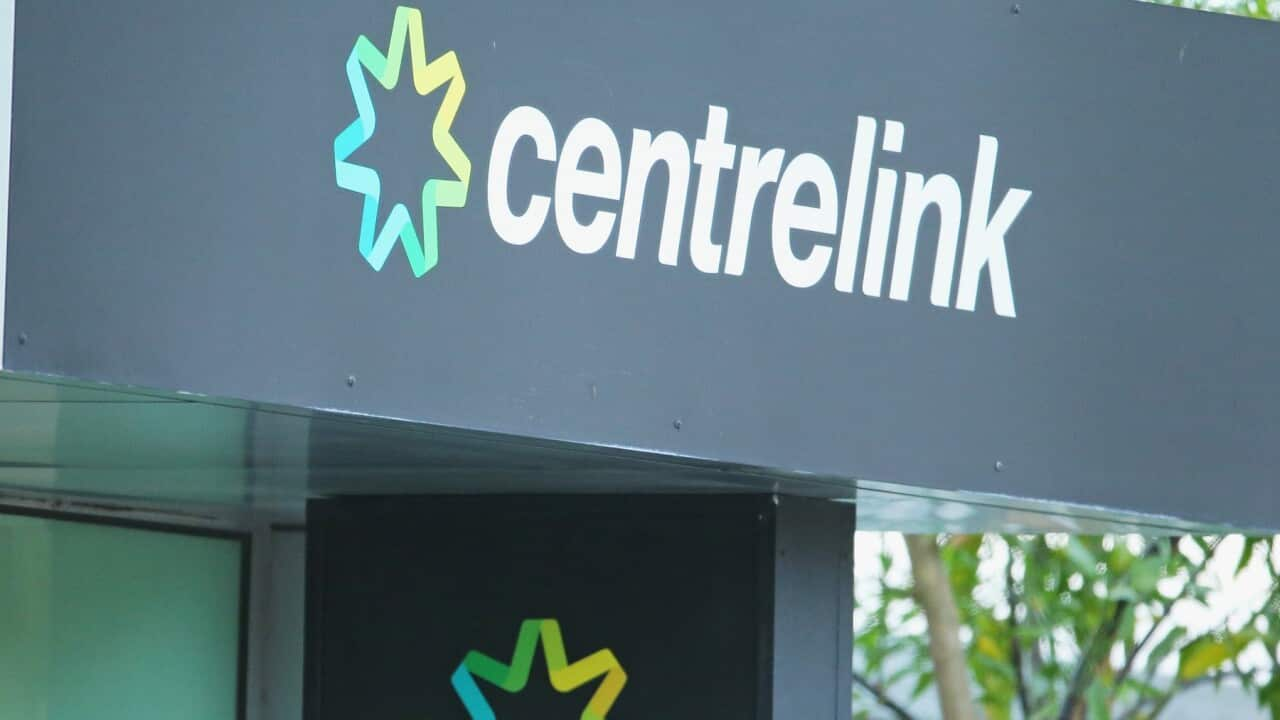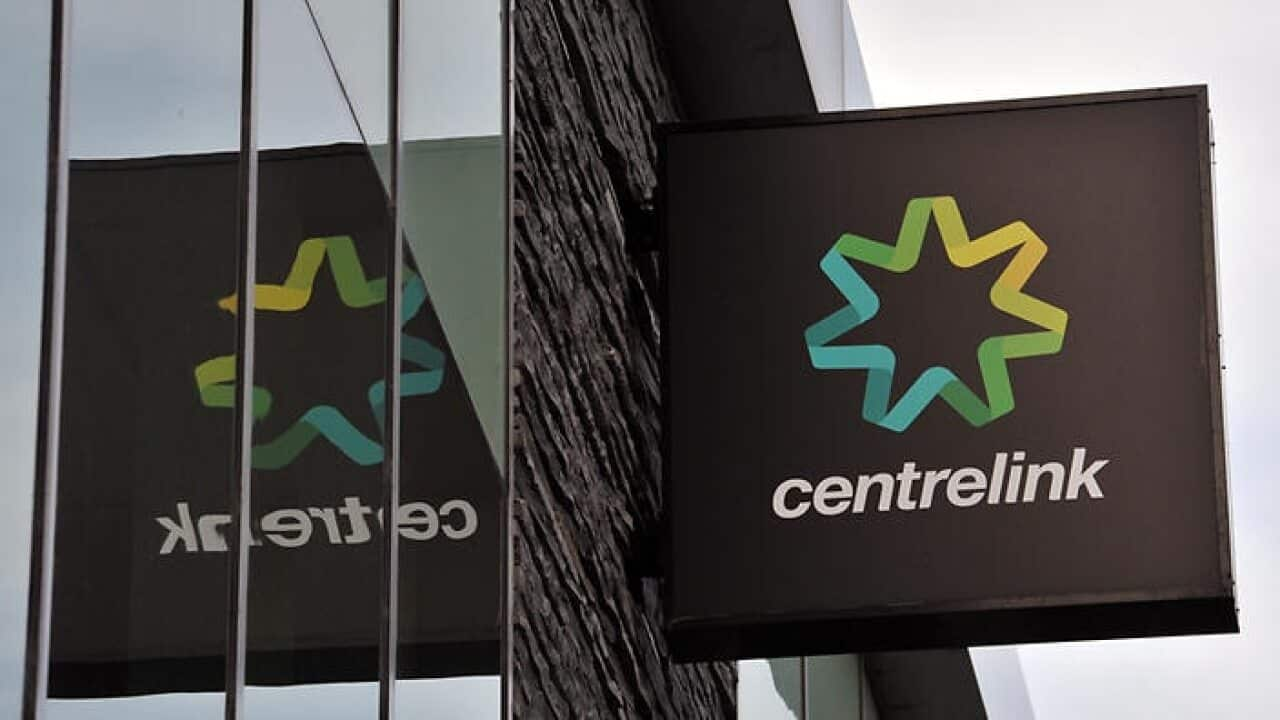Some victims of the unlawful robodebt scheme are concerned doesn't go far enough, while others believe those responsible are yet to be held accountable.
In a deal struck on Monday, about 400,000 Australians who had money unlawfully taken from them through the debt recovery scheme are set to receive their share of some $112 million in additional compensation.
This comes on top of $721 million the government had previously agreed to repay over the scheme declared unlawful in the Federal Court last year. It has also dropped $398 million in debts it had been pursuing against class action members.
But the deal, reached on the day a Federal Court trial was set to begin, has been met with a mixed reception by those who were affected by the scheme.
Some are concerned the compensation that is set to be paid out does not go far enough, while others are worried that by not airing the scheme’s failures in court the government has avoided accountability.
The robodebt saga involved matching Australian Taxation Office and Centrelink data to claw back welfare benefits the government said had been overpaid.
The class action was launched on behalf of people who received notices through the automated debt recovery process and began last year.
Cameron Murphy, a 35-year-old plaintiff in the case, claims he is among those who were hit with debt notices when the scheme was in force. His totalled almost $8,000.
“I had no job at the time, so it was horrible because I wasn’t going to be able to repay it,” he told SBS News.
“You have that feeling where you don’t know if you’re going to dig yourself out of that hole that really destroys the whole way you look at life.” The government did not admit any liability or knowledge of the scheme's unlawfulness as part of the settlement arrangement.
The government did not admit any liability or knowledge of the scheme's unlawfulness as part of the settlement arrangement.

A Centrelink office in Melbourne Source: Getty
But under the deal, people affected by the scheme will be repaid money unlawfully recouped and then compensated an average of about $280.
Mr Murphy said he has already been compensated for money he lost through the debt recovery process, but feels disappointed the trial did not get a hearing in court.
“It should have been much bigger for all the people that suffered through this,” he said.
“Years of stress and all of the mental health issues that this caused as though [this is] going to resolve the problem.”
'I don't care about an apology'
Victims have complained about being pursued by private debt collectors and having tax returns siphoned off as part of the scheme.
Steven Fritze, also a plaintiff in the case, said it came as an "absolute shock" when he received a debt notice totalling some $4,500. He said he was concerned he would not have the means to repay it.
Mr Fritze said while he was relieved to see the settlement reached, many questions remain unanswered.
“You have wonder who is at fault, who is to blame and what punishment will be dealt,” he told SBS News.
“I’ve got no idea who gets the blame, but one does have to wonder if there is going to be sufficient retribution for what’s gone on.”
Felicity, another class action member, said she wants to see change to ensure the debt recovery process never happens again.
“I don't care about the apology. I just want the problem fixed and I want it to stay fixed,” she told SBS News.
'The scale of harm is high'
Earlier this year, Prime Minister Scott Morrison that people may have suffered as a result of the government's scheme. Following the settlement on Monday, he stood by his government’s response, saying it is "righting" the situation.
"We are righting a situation which has found to have been present in this program over two governments," Mr Morrison said.
"That is what the government should do. That is what the government has done - that is what we will continue to do." Government Services Minister Stuart Robert said the process of using income averaging has now ceased after previously being used by both Labor and Liberal governments.
Government Services Minister Stuart Robert said the process of using income averaging has now ceased after previously being used by both Labor and Liberal governments.

Prime Minister Scott Morrison addresses the media during a press conference at CSL Behring in Broadmeadows, Melbourne. Source: AAP
“The way the income compliance program was done under this government using average income data was exactly the same approach as by previous governments,” he told Sky News on Tuesday.
Unemployed Workers Union spokesperson Kristen O’Connell said it was “absolutely gutted” and “disgusted” the settlement had conceded the government would not accept liability.
“There have been a lot of big claims and people crowing about this being the largest settlement in history - that is a product of the sheer number of people that the government hurt,” she said.
“The sum for each person is tiny - it is the scale of the harm that has caused that settlement figure to be so high.”
But Gordon Legal partner Andrew Grech, who led the class action, called the settlement a fair and reasonable outcome to an impossibly difficult situation.
"No money amount will ever compensate people for the hardship they've been through. Many people have been in really difficult circumstances," he said.
'There must be accountability'
Following the settlement, there has been a renewed push from Labor, the Greens and the Unemployed Workers Union for a royal commission to be held into the robodebt scheme.
Australian Council of Social Services spokesperson Charmaine Crowe said an independent inquiry must be held urgently to ensure the hurt of the program is never repeated.
“It was an egregious abuse of government power and we absolutely must see an arms-length, independent and transparent inquiry into what happened,” she said.
“There must be accountability … we need to know what processes what decisions were made that led to this horrible scheme.”












